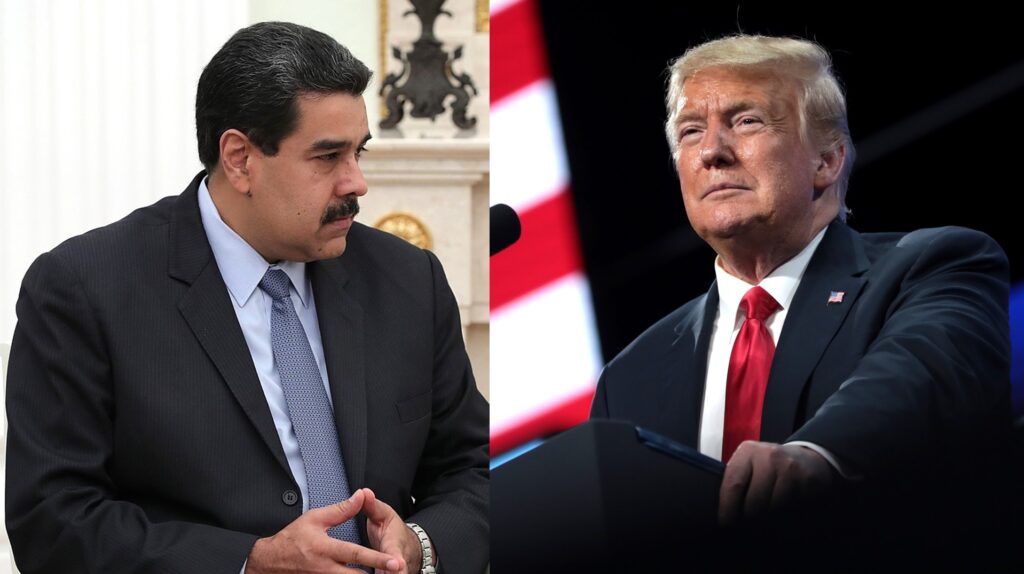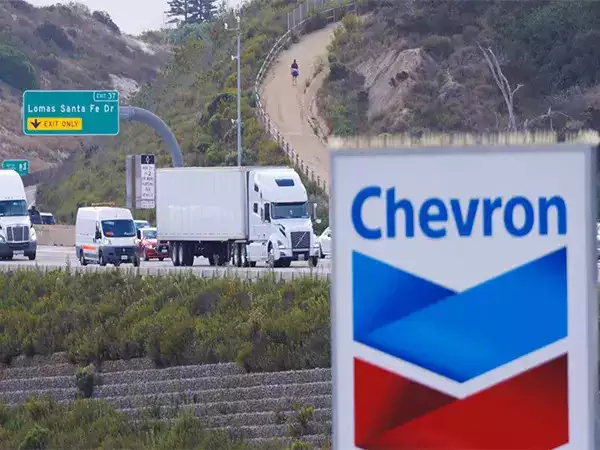The United States has instructed Chevron to cease its operations in Venezuela within 30 days, marking a significant shift in Washington’s policy toward the embattled Latin American country. Chevron currently produces nearly a quarter of Venezuela’s daily crude output, a vital source of revenue for President Nicolás Maduro’s government.
The order from a U.S. Treasury Department unit comes as a shock to industry observers, who describe the 30-day deadline as unrealistic, especially given Chevron’s key role in the country’s oil sector.
The decision also highlights a dramatic reversal in former President Donald Trump’s stance on Venezuela. Initially adopting a maximum pressure approach in his first term, Trump imposed sanctions and curtailed U.S. companies’ involvement with the Venezuelan government. However, his stance softened after re-election, with efforts to engage Maduro’s regime, even securing the release of U.S. citizens in exchange for the acceptance of deported Venezuelan migrants.

Following significant pressure from Florida Republicans, Trump shifted back to a tougher stance last month, criticising Venezuela’s failure to hold free elections as promised, prompting the latest move to curb Chevron’s operations.
Experts warn that halting Chevron’s production could lead to a deeper recession in Venezuela, with the loss of $150-200 million in monthly revenue and a worsening migrant crisis. Vice President Delcy Rodríguez condemned the action, calling it a blow to the Venezuelan people and predicting increased fuel prices.
While oil markets reacted calmly to the news, Chevron’s stock fell by 2.8 percent in the past week. Venezuela’s oil output has plummeted from 3.5 million barrels per day to just over one million, despite holding the world’s largest oil reserves.


